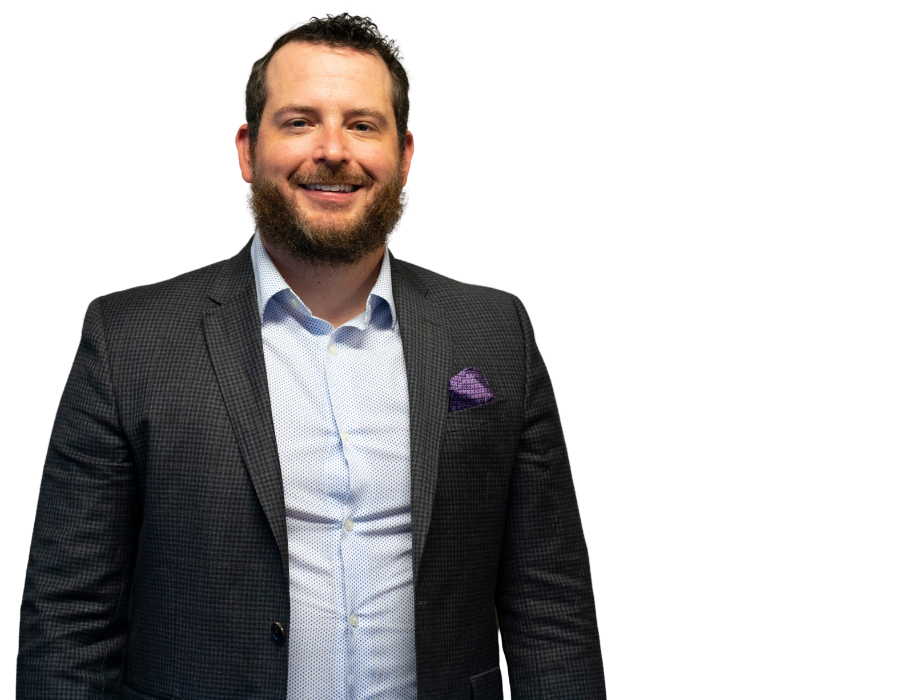Valley Dermatology
What Training Does a Dermatologist Have?

What is a Dermatologist?
According to the American Academy of Dermatology, dermatologists are responsible for the diagnosis and treatment of more than 3,000 different diseases involving the skin, hair and nails. They are trained to evaluate and manage patients of all ages, from newborns to individuals well over 100 years old. Their days can range from identifying and treating skin cancers, moles and tumors to helping patients with inflammatory skin disorders and issues such scars or hair loss.
There are a number of board-certified sub-specialties available for dermatologists to pursue, including areas like Mohs Surgery and Dermatopathology. Dermatologist may also conduct research, teach educational courses in academia or complete scientific case studies into common medical issues plaguing the dermatological community.
When Should I See a Dermatologist?
Skin is the largest organ. It protects the body from the elements, fights bacteria, and helps regulate body temperature. Since it is an organ, skin is susceptible to illnesses like cancer in the same way other body organs are. In fact, it is estimated that on an annual basis there are more than 12,000 fatal cases of skin cancer.
It is recommended that a person visit a dermatologist on an annual basis to have a full body exam. This should be done even if an individual is completely healthy and has had no history of skin cancer. Depending on the results of an annual skin exam, the dermatologist may recommend that an individual visit for an exam more than once a year.
Individuals who have had skin cancer in the past, individuals with close relatives who have had skin cancer, individuals who have a mole or a growth that is suspicious in appearance, individuals who had x-ray acne treatment when they were younger, and those who have very fair skin may be encouraged to visit the dermatologist more frequently.

Keeping Your Skin Healthy

What does a dermatologist do?
Meeting with patients to assess issues with skin, hair or nails:
They record patients’ medical histories, examine patients, observe abnormalities and discuss diagnoses.
Developing treatment plans for patients:
Addressing cosmetic concerns like aging and birthmarks:
Performing follow-up examinations or treatments:
Many dermatology treatments require multiple sessions to resolve, and dermatologists must track patient progress to determine how best to continue to address patients’ concerns.
Why See a Dermatologist Instead of A Nurse?
Many healthcare providers claim to specialize in skin care but what makes a Board Certified Dermatologist different?
While doctors and nurse practitioners have many similarities, there are some notable differences. The biggest difference between the two is the amount of time spent on training. Nurses receive less training than a doctor. They also are licensed differently.
Dr. Ecklund and Dr. Jones require the following credentials (which set them apart from someone who simply claims to specialize in skin care):
- 4 years of college
- 4 years of medical school
- 4 years of residency
- Re-certification every 10 years
